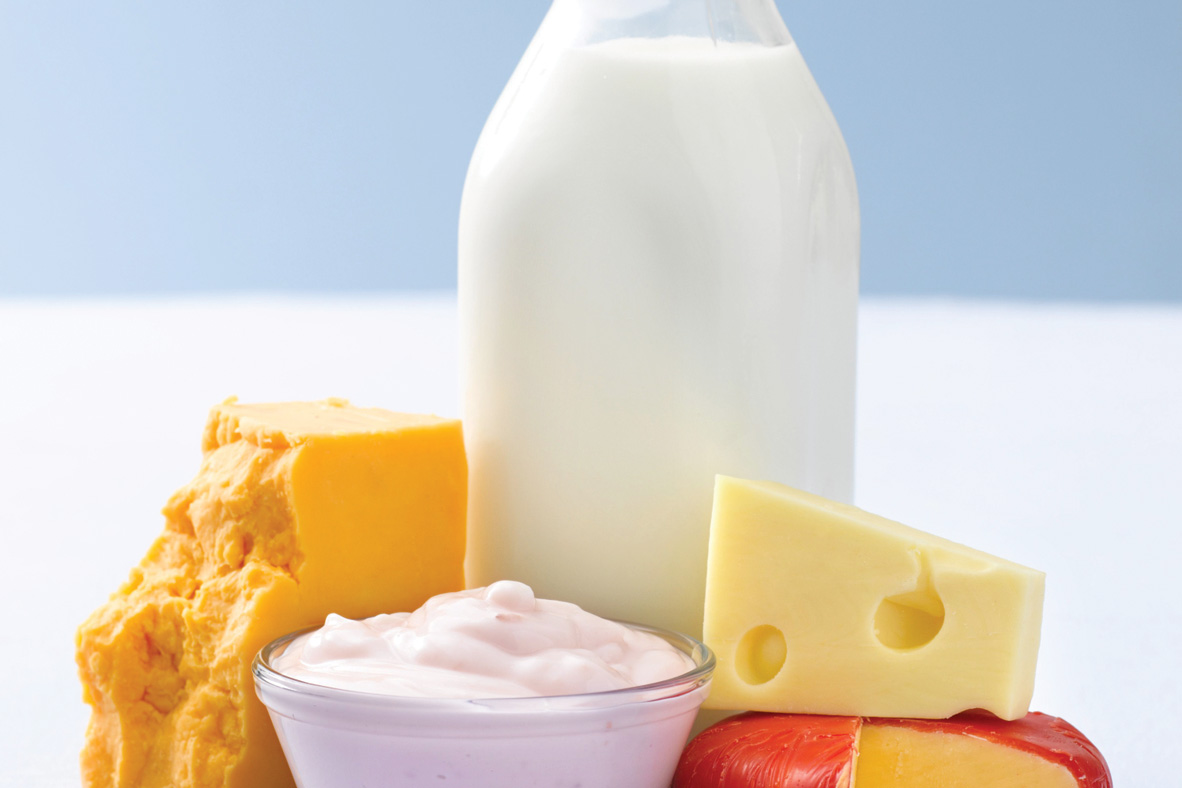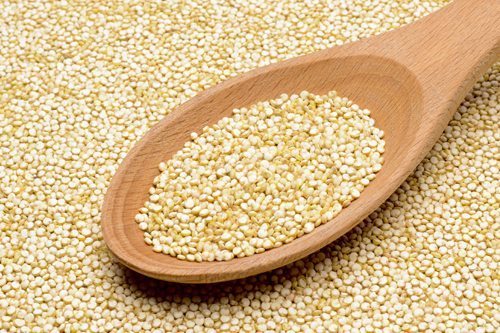I would do some research on Westin Price, taking nutrition advice from a dentist who cherry picked data isn’t a great foundation for nutritional ethos.
Here’s a modern study showing how unhealthy hunter gather teeth are.
We have more diet related disease because we live longer in part due to our diets and lack of malnutrition. We are suffering from our success.
I would say you’re over complicating it, state that it’s healthier to eat Whole Foods for the plethora of reasons it is healthier to eat Whole Foods. Don’t act like it’s returning to an ancestral way of eating, that’s complicating things.
There are way too many other factors that went into humans not living as long as we do now. The scarcity of food is one of them, the fact that we had no shelters, no modern medicine to handle infections…. All of those are factors. But what’s the biggest issue we face now in our modern society? Diet related disease.
If you google Westin price, you’re going to get some negative feedback on him people are going to doubt his work, but when you actually look at what he’s preaching there is science backing it. He talks a lot about the importance of vitamin K2 and how vitamin K2 was what he called activator X because it wasn’t discovered yet. The role of vitamin K2 is now been proven to be vital in delivering calcium where it needs to go… the bones and the teeth, and it keeps calcium from building up in the arteries. Where did humans all over the world get their K2? Fish, fish liver, ruminant animal liver, meat, eggs, raw dairy (if they had it) it. All Westin price really preaches based off of his research is that we should be eating diets that include a lot of fat, soluble vitamins it doesn’t matter how you get those vitamins.
Personally, I think society is going backwards. We allow things in our foods like yellow 5, or red 6, or maltodextrin, citric acid, phthalates, glyphosate, and many other bullshit preservatives. All of these things have been scientifically proven to cause cancer, but we allow them in our foods… that makes us even worse than a caveman, because we know that cause disease and we still allow them to be fed to humans
We think we’re smarter now because we have a lot of technology and we think we’re better off but I’m not convinced. Otherwise we wouldn’t be feeding our children s*** that we know causes cancer it wouldn’t even be allowed in food.
And the notion that all people did not live long lives isn’t necessarily true. Whenever they average out human lifespan, they factor in infant mortality. Babies died an alarming rate back in the day in all societies before modern medicine.
I fully understand that caveman and hunter gatherers had hard lives. I’m not gonna argue that, but I think they were smarter than us when it comes to diet by being not as “advanced”. Even the idea that science is always right it’s nonsense. Especially when you have scientists that are easily manipulated by corporations to skewed data to make their products seem healthy. It’s amazing how many people who try keto, carnivore, or Paleo type diets and experience, amazing results and get off medication’s that they’ve been on their entire life.


